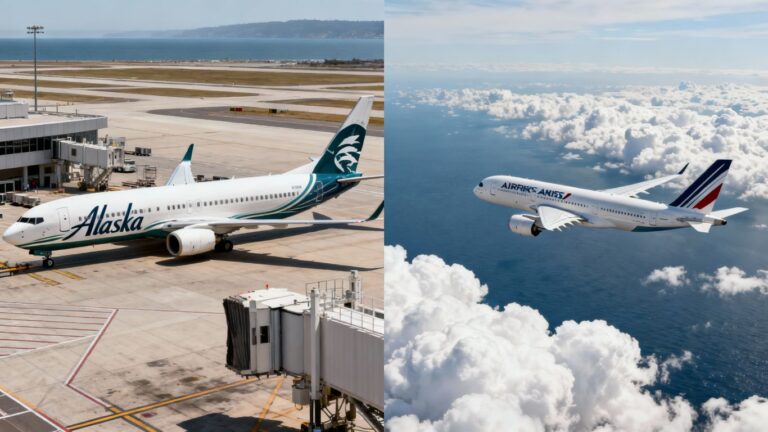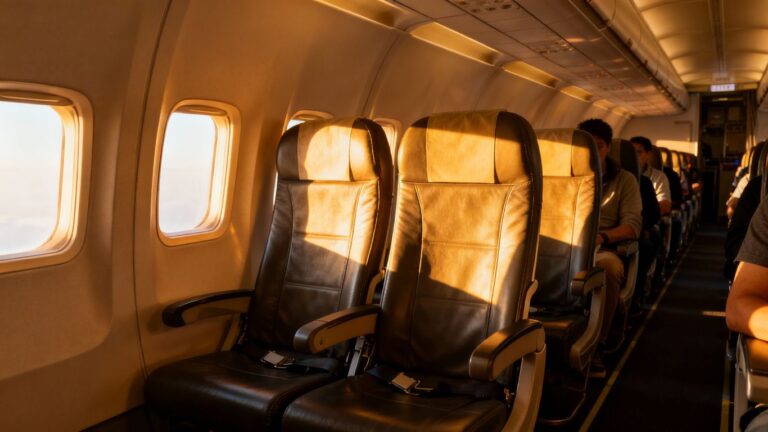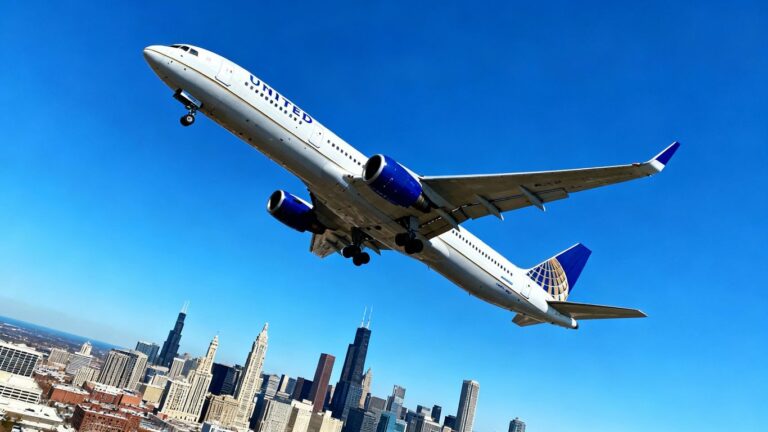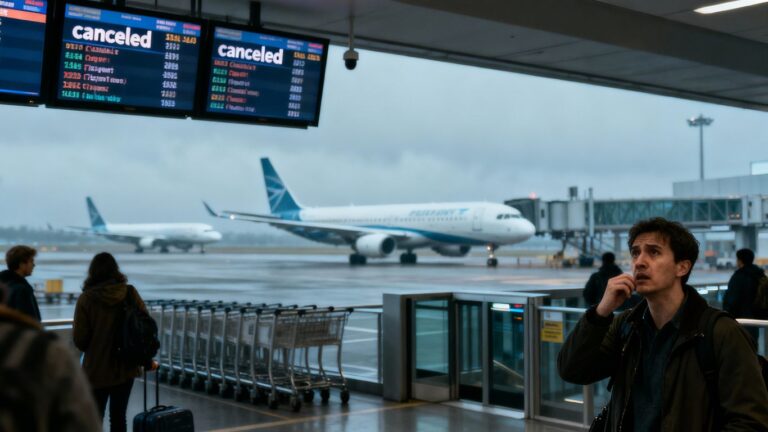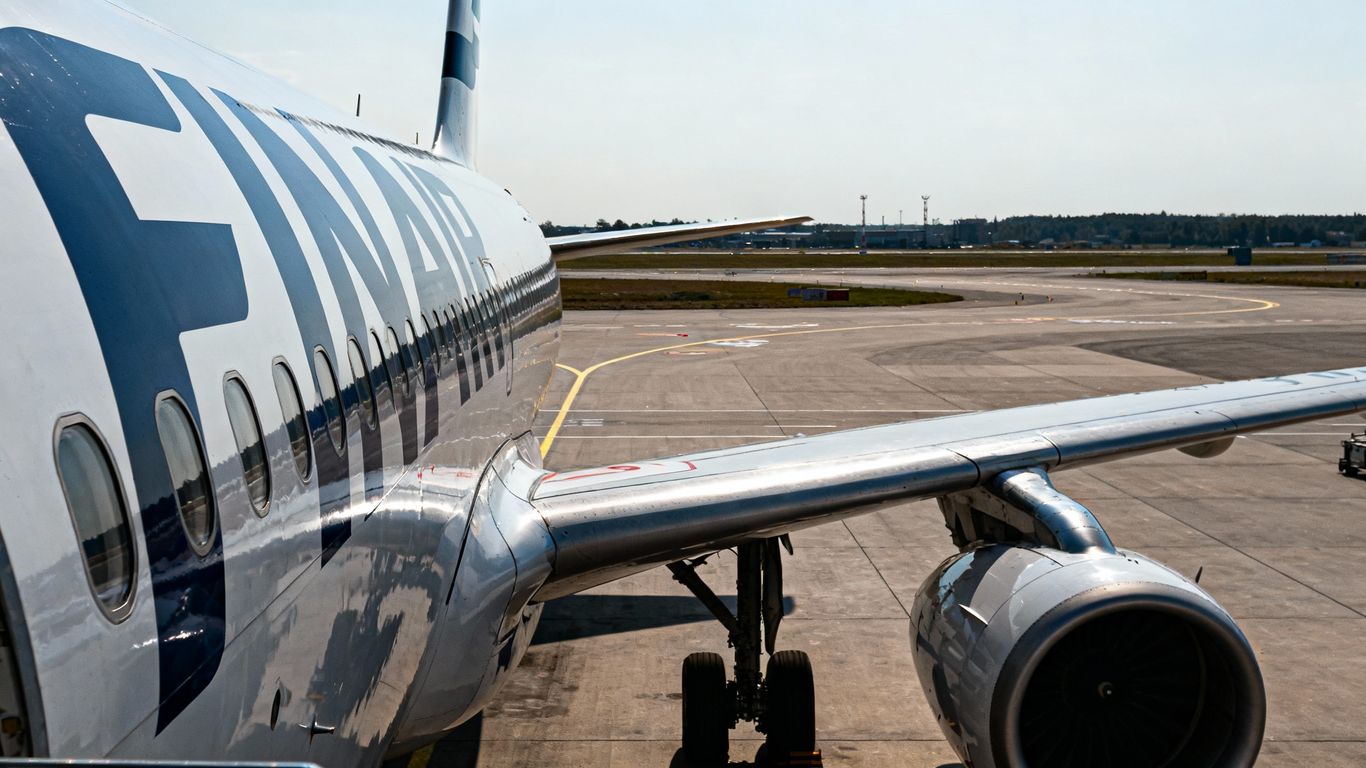
Finnair has been forced to cancel approximately 40 flights after a routine cleaning process for its Airbus A320 fleet led to unexpected safety concerns. The airline discovered that washing the removable seat covers with water may have compromised their fire-retardant properties, prompting immediate action to ensure passenger safety.
Key Takeaways
- Finnair canceled around 40 flights due to safety concerns with cleaned aircraft seats.
- Water-based cleaning of seat covers potentially weakened their fire resistance.
- Eight Airbus A321 aircraft were temporarily removed from service for inspections.
- The cancellations impacted roughly 5,000 passengers on European and domestic routes.
The Seat Cover Conundrum
The issue arose when the seat manufacturer alerted Finnair that the water-based cleaning method used on the removable seat covers had not been adequately tested for its impact on fire resistance. It is believed that the thorough cleaning may have inadvertently diminished the seats’ flame-retardant capabilities, raising significant safety red flags.
Flight Disruptions and Affected Aircraft
In response to the manufacturer’s warning, Finnair promptly suspended operations of eight Airbus A321 aircraft. These aircraft, identified by registrations OH-LZM, OH-LZN, OH-LZO, OH-LZP, OH-LZR, OH-LZS, OH-LZT, and OH-LZU, were taken out of service for further inspections. This decision led to the cancellation of about 40 flights scheduled between Monday evening and Tuesday. The affected aircraft are crucial for Finnair’s European and domestic routes, with approximately 20 flights per day being cut from the schedule. This disruption affected around 5,000 passengers who were planning to travel to major European cities such as Rome, Paris, and Brussels.
A String of Challenges for Finnair
This incident adds to a series of operational challenges Finnair has faced recently. The airline had previously dealt with labor disruptions, including ground staff walkouts that led to thousands of flight cancellations during the spring and early summer. Furthermore, the closure of Russian airspace has impacted Finnair’s ability to operate efficient routes between Europe and Asia, forcing them to take longer, more costly flight paths.
Despite these setbacks, Finnair is prioritizing passenger safety. Once the affected fleet returns to service, passengers can be assured that their seats have undergone thorough checks to ensure their flameproofing is fully intact, even if the cleaning process was perhaps a little too effective.
